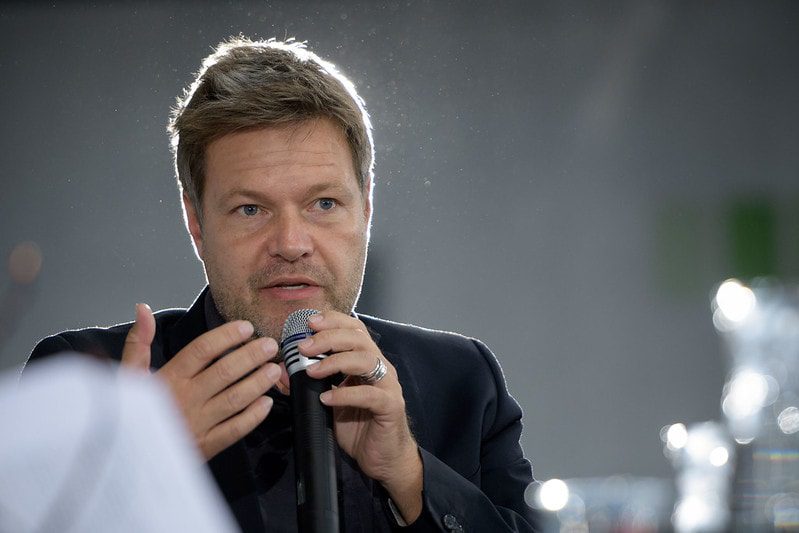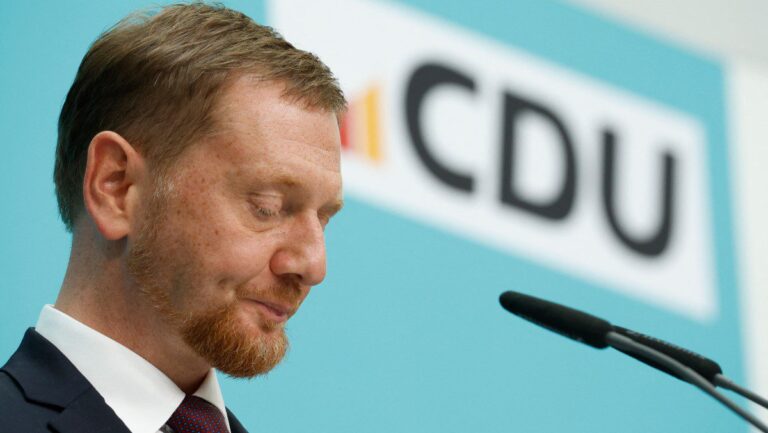An aging Germany sees itself confronted by future labor shortages. To reverse the trend, part of the answer for Europe’s largest economy is more immigration, its economy minister said on Tuesday.
“We have 300,000 job openings today and expect that to climb to a million and more,” Federal Minister for Economic Affairs and Climate Action Robert Habeck, told a news conference. “If we don’t close that gap, we will have real productivity problems,” he warned.
Habeck made the comments after he had presented his plan, which aims to secure Germany’s renewable energy-fuelled future. Of course, for that, Germany needs a qualified workforce. To put such a force together, Habeck suggested a “better combining of qualifications, training, and possibilities for families and jobs,” pointing out that “stepped-up immigration in all areas,” to provide “engineers, crafts people, carers,” would have to be organized.
According to the German Economic Institute, statistics from the European Population Projection, EUROPOP, indicate that in absence of migration, the number of 20 to 64 year olds (working ages) could be 11.2 percent lower in 2030 than in 2020. The EU average, the organization claims, would be only 6.9%. (Editorial Note: the dataset being referred to, which uses 2019 as its baseline, does not appear to be available on Eurostat’s website. Its 2018 version is available here.)
By no means is this demographic trend limited to Germany only. Low birth rates, combined with a need for income taxes to sustain public pensions and healthcare, afflict many European nations. To lighten employees’ burden of financing the upkeep of increasingly longer living retirees, either these provisions need to be curtailed, or, crudely put, fresh taxable bodies need to be found.
As part of their deal made in November last year, the three-party, ‘traffic light’ coalition had already agreed to offer incentives to attract qualified workers; these consist of a points-based immigration system and a minimum wage increase to €12 per hour.
As the need is urgent, having policy predecessors who lacked the foresight to put pro-family policies in place, the best short-term solution for the incumbent German government indeed is more immigration. Considering its predominantly leftist composition, suggesting any other option, be it promotion of family formation or a curb on social spending, could mean political suicide.





